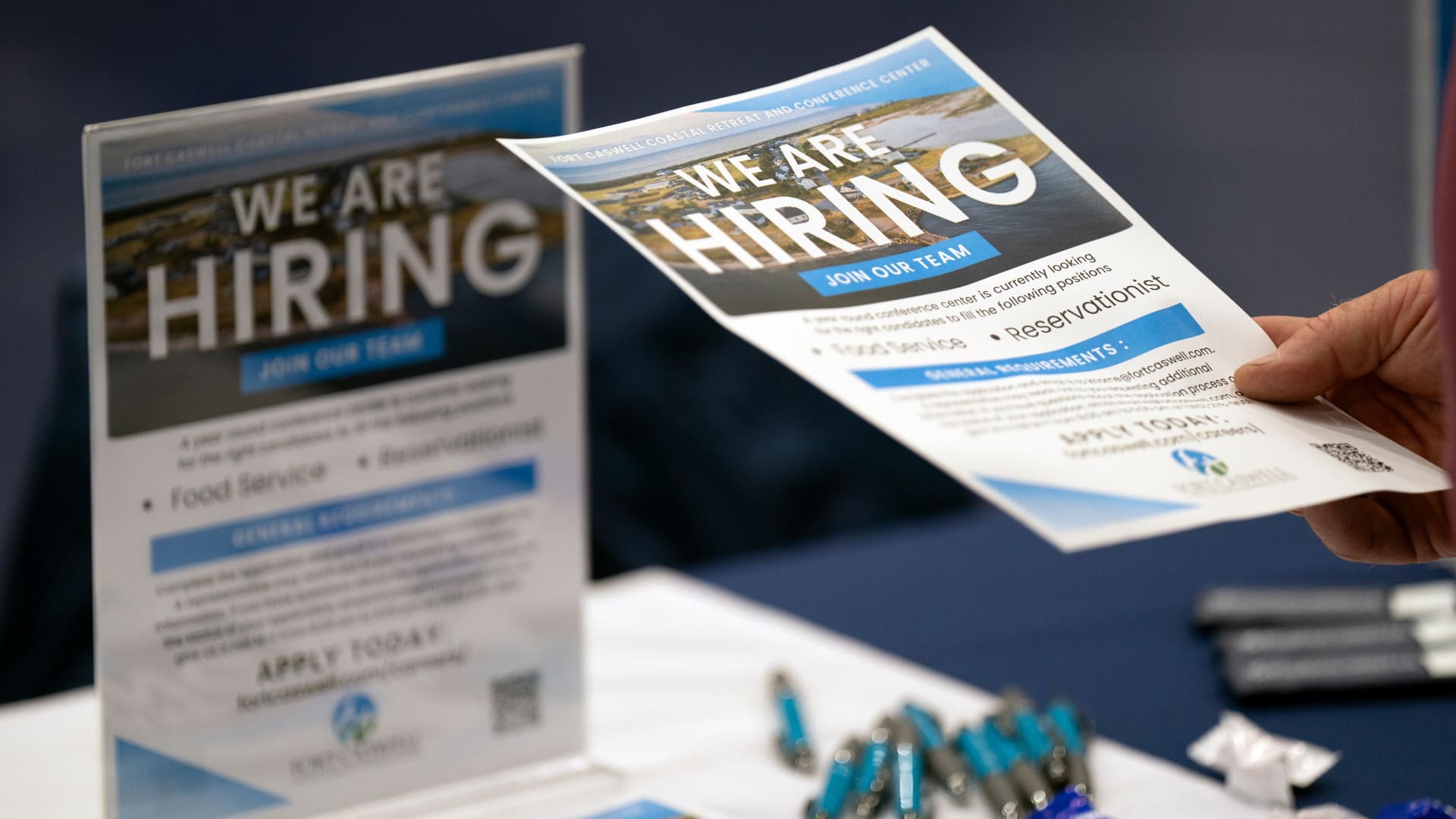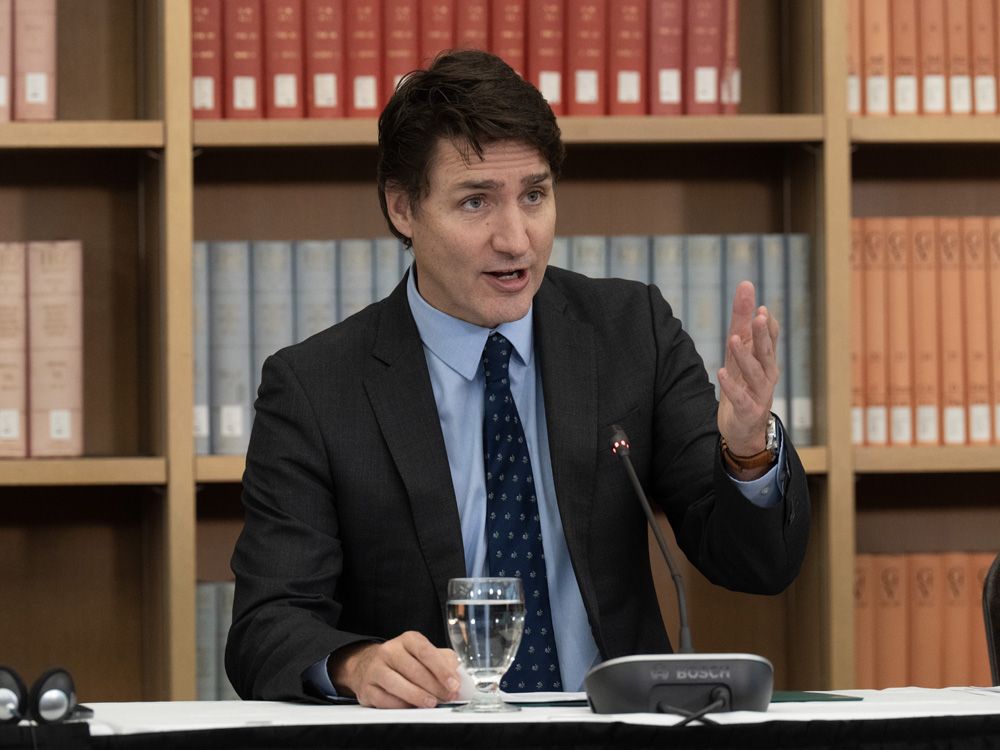Despite Trudeau’s apparent shrug, an election is a good time to talk about monetary policy

Kevin Carmichael: It seems likely that monetary policy’s emergence as an election issue will be a fleeting one at best

Article content
If Justin Trudeau had been more honest, he would have responded to a question about monetary policy by saying an election campaign isn’t the place to discuss complex issues. Instead, his weak answer set certain circles alight.
Advertisement
Story continues below
This advertisement has not loaded yet, but your article continues below.
Article content
The question, unedited: “You mentioned the Bank of Canada’s mandate, that mandate is expiring at the end of this year. If re-elected, the review, or the extension of the mandate is probably the first big economic policy decision you will make after the election. There is some talk of allowing the Bank of Canada to make some tweaks to its mandate to give it the flexibility to tolerate higher inflation and help the economy a little bit more at this difficult time. Do you have a position on the mandate? Would you support a slightly higher tolerance for inflation?”
The answer, also unedited: “I don’t know. When I think about the biggest, most important economic policy that this government, if re-elected, would move forward, you’ll forgive me if I don’t think about monetary policy. You’ll understand that I think about families. When we first got elected in 2015, the very first thing we did was raise taxes on the wealthiest one per cent so we could lower them for the middle class. Similarly, if re-elected, the Liberal government will continue to invest in supports for families, for students, for seniors. Investing in housing, because we know that it is not right that so many people right here in the Lower Mainland and indeed across the country can’t afford their first home. We know that these are the policies that make a difference in the growth of our country, in the jobs people get, and the opportunities people have to grow and prosper. That is what we will stay focused on.”
Advertisement
Story continues below
This advertisement has not loaded yet, but your article continues below.
Article content
The clip that made the rounds in some filter bubbles was, “I don’t think about monetary policy.” But that’s not what the prime minister said. He said he didn’t see the Bank of Canada’s mandate review as the “biggest, most important” economic decision that the next government will have to face, and amplified his contention with a shoulder shrug and that characteristic glibness — “… you’ll forgive me …” — that even Liberals find annoying.
But let’s strip the attitude from the answer.
The Bank of Canada’s mandate from the government expires at the end of the year. The convention is to agree on new marching orders well before time becomes an issue, but governor Tiff Macklem won’t be sending his staff home on Dec. 31 if it doesn’t happen. The last update occurred in October 2016, but the mandate has remained essentially unchanged since the Bank of Canada and Brian Mulroney’s government agreed on an inflation target in 1991.
Advertisement
Story continues below
This advertisement has not loaded yet, but your article continues below.
Article content
No big deal, then? That depends on how you approach the question.
Paul Martin, the last Liberal prime minister before Trudeau, believed that executives base investment decisions on interest rates, not taxes. And the most powerful lever that anyone in Ottawa could pull to moderate the cost of living — the issue that every party is talking about so far — is in the hands of the Bank of Canada, not the Prime Minister’s Office.
Any suggestion that monetary policy is something that only bond traders and other rich people care about — “… the very first thing we did was raise taxes on the wealthiest one per cent …” — warrants derision. The benchmark interest rate affects everyone.
But what if Trudeau meant that he thought he would have bigger things to worry about than the Bank of Canada’s mandate because there’s nothing to change? The central bank has subjected various alternative policy approaches to rigorous computer models of real-life conditions and determined that none of them achieve significantly better results than its current strategy of trying to keep the consumer price index advancing at an annual rate of about two per cent.
Advertisement
Story continues below
This advertisement has not loaded yet, but your article continues below.
Article content
It’s probably time to point out that Trudeau wasn’t the only party leader who spent little or no time thinking about monetary policy ahead of the campaign. Conservative leader Erin O’Toole tweeted that it’s “very concerning that Trudeau doesn’t think about monetary policy,” but there’s no evidence that he does either. The word “monetary” appears nowhere in the Conservatives’ 160-page policy book. “Bank” appears 18 times, but never in conjunction with the words “of” and “Canada.”
The reality is that it’s too late for any of the parties that might form a government to engage in the Bank of Canada’s policy review. The central bank does the technical work on it at a considerable distance from politicians. As the mandate winds down, the governor and his officials engage Finance to make sure the government is satisfied with the technocrats’ conclusions. The bar for change is high.
Advertisement
Story continues below
This advertisement has not loaded yet, but your article continues below.
Article content
That process is now well advanced and any intervention from potential prime ministers and finance ministers at this stage would prejudge the outcome of a system that was designed to instil confidence that interest rates would be set by neutral technocrats, not by the whims of politicians seeking re-election.
The House finance committee had five years to do a deep dive on monetary policy, since the Bank of Canada has been actively soliciting ideas on what it should do since 2017. The political class opted to focus its attention elsewhere.
Advertisement
Story continues below
This advertisement has not loaded yet, but your article continues below.
Article content
To be sure, if any of the major parties think the Bank of Canada should be doing things, this is definitely the moment to make that known. Macklem has noted that a dual inflation-and-employment mandate did well in computerized trials and that he could decide to recommend such a policy to the government. If any of the parties hate that idea, they should say so now. O’Toole, when pressed, told reporters on Aug. 19 that the current policy of targeting inflation of two per cent is “one we should continue.”
At the same time, Macklem has also made it clear that he still has a lot of confidence in the way the Bank of Canada has been doing things since the early 1990s. Most Bay Street economists assume the central bank will push to stick with its current approach to inflation targeting. If any of the parties think it’s time for an overhaul, an election campaign is the time to come clean.
We’ll see if any of them do, but it seems likely that monetary policy’s emergence as an election issue will be a fleeting one at best. Trudeau didn’t receive any follow-up questions on the subject on Aug. 19. The press corps, at least, had decided that there are bigger, more important things to talk about.
Financial Post
• Email: [email protected] | Twitter: CarmichaelKevin
Advertisement
Story continues below
This advertisement has not loaded yet, but your article continues below.








